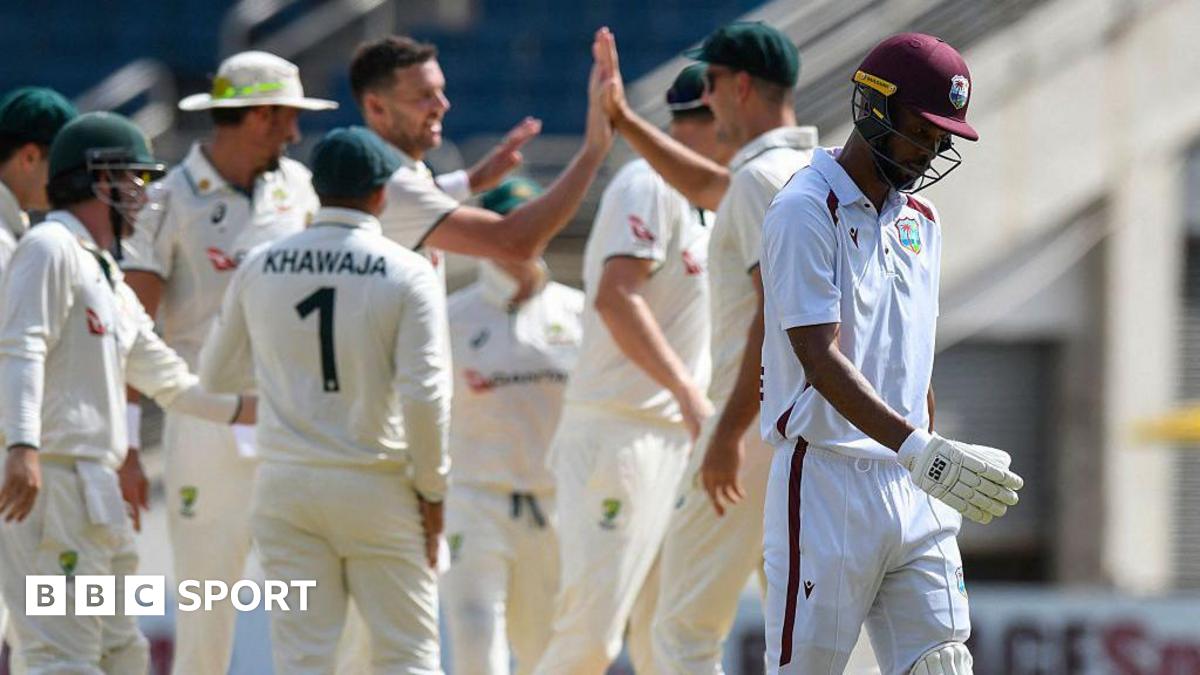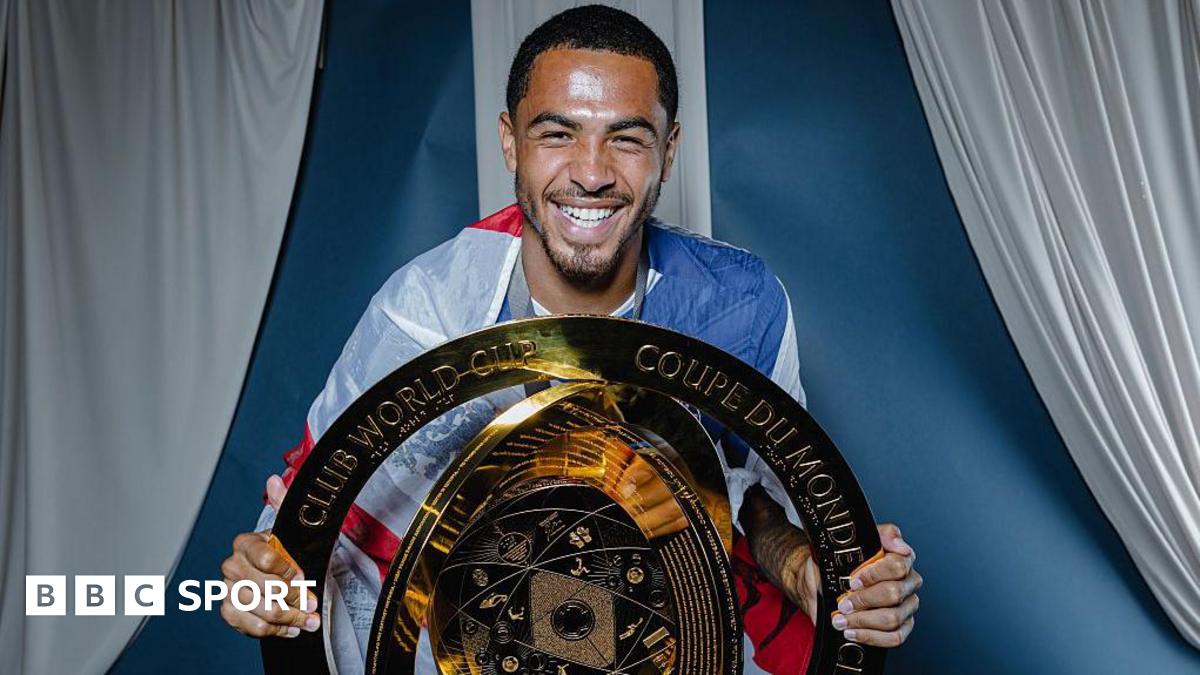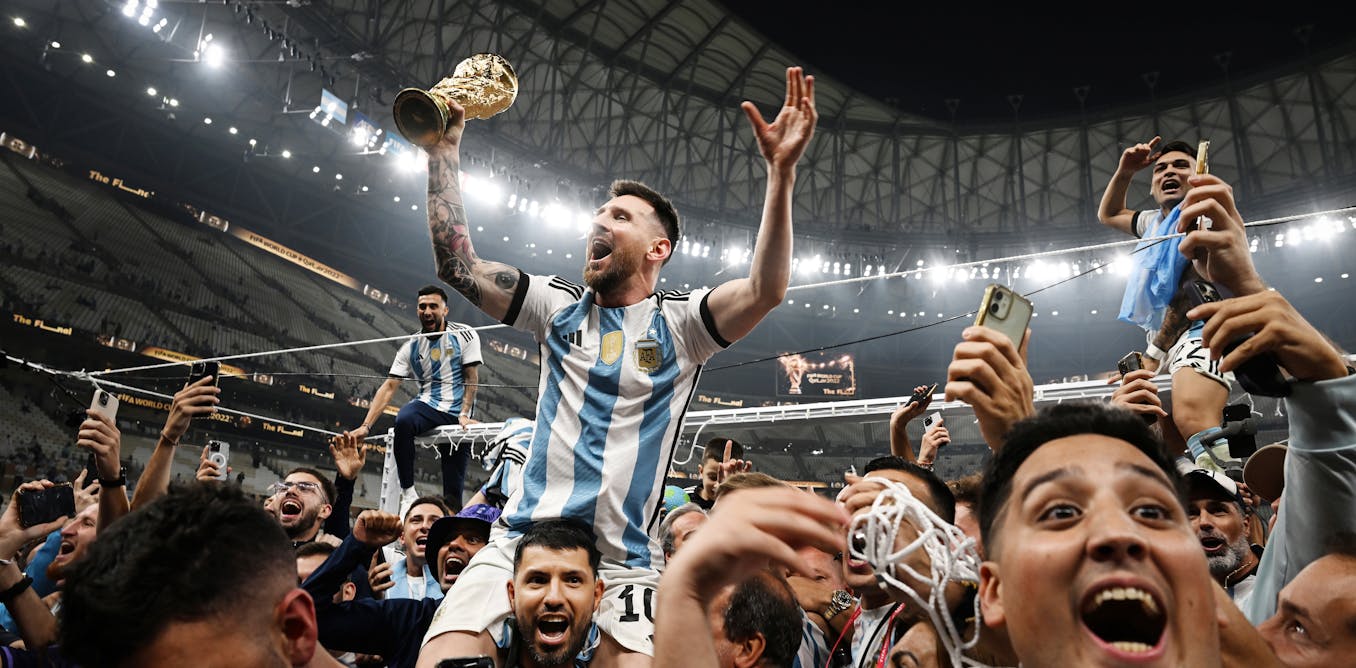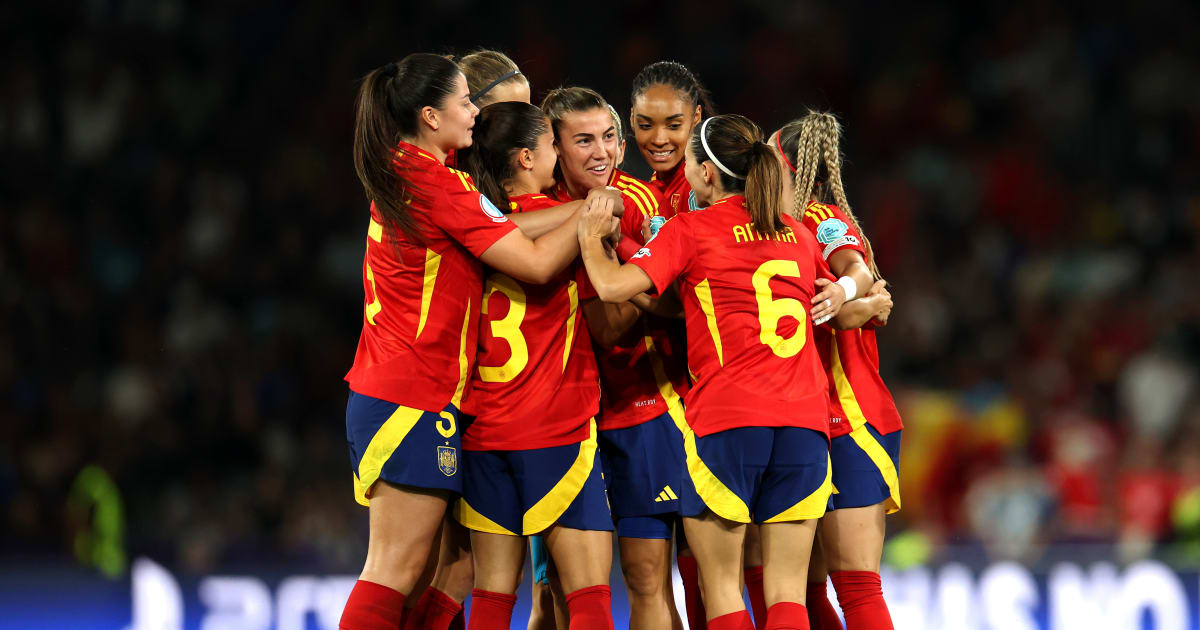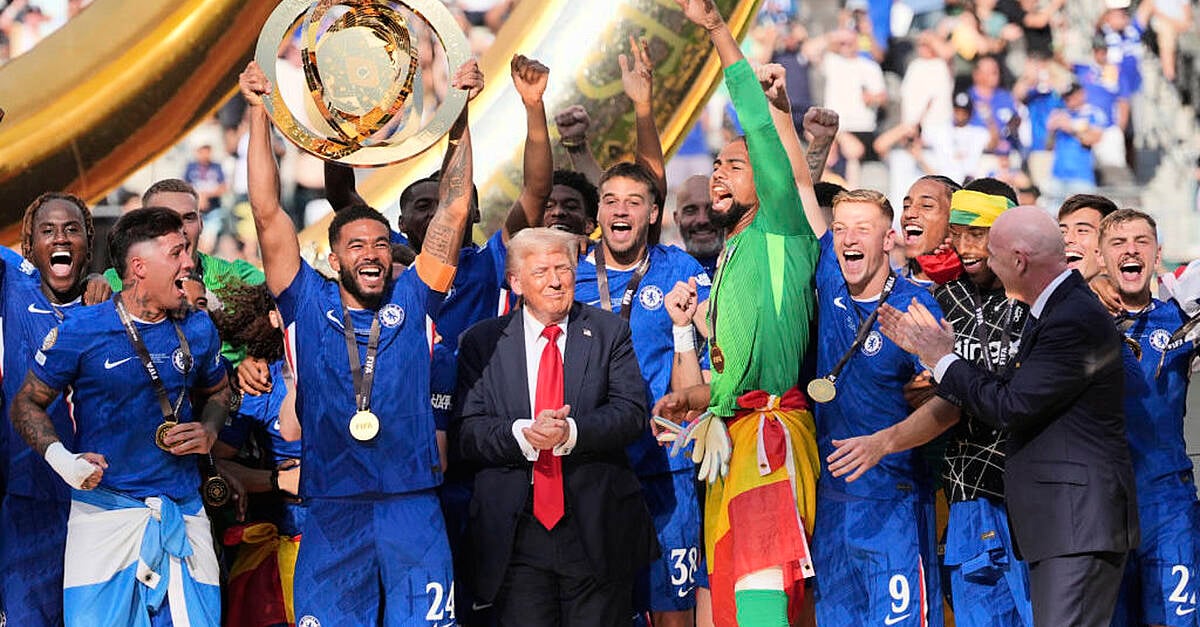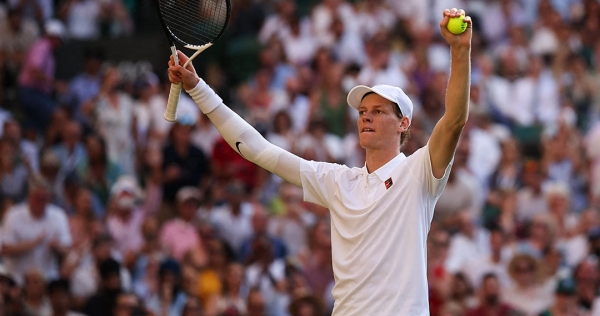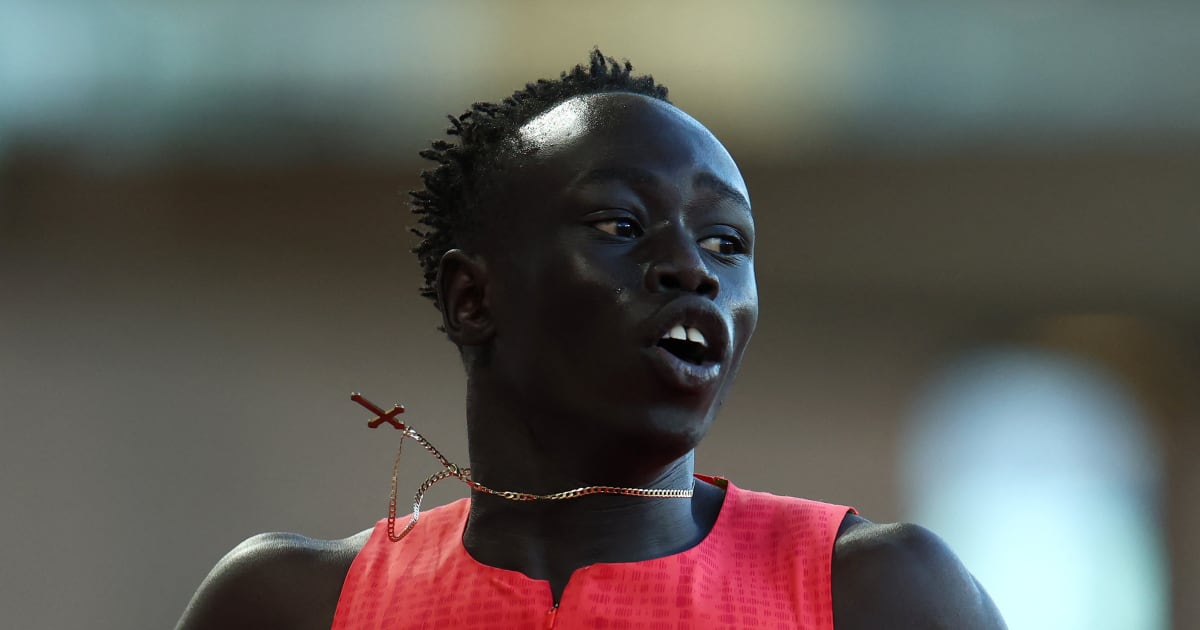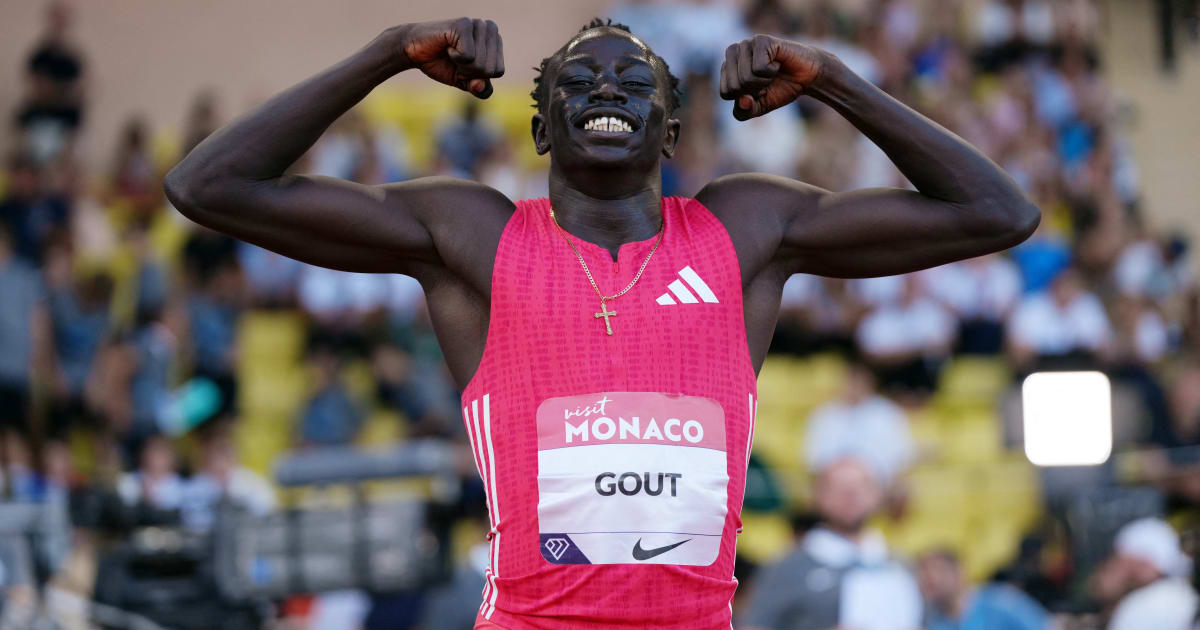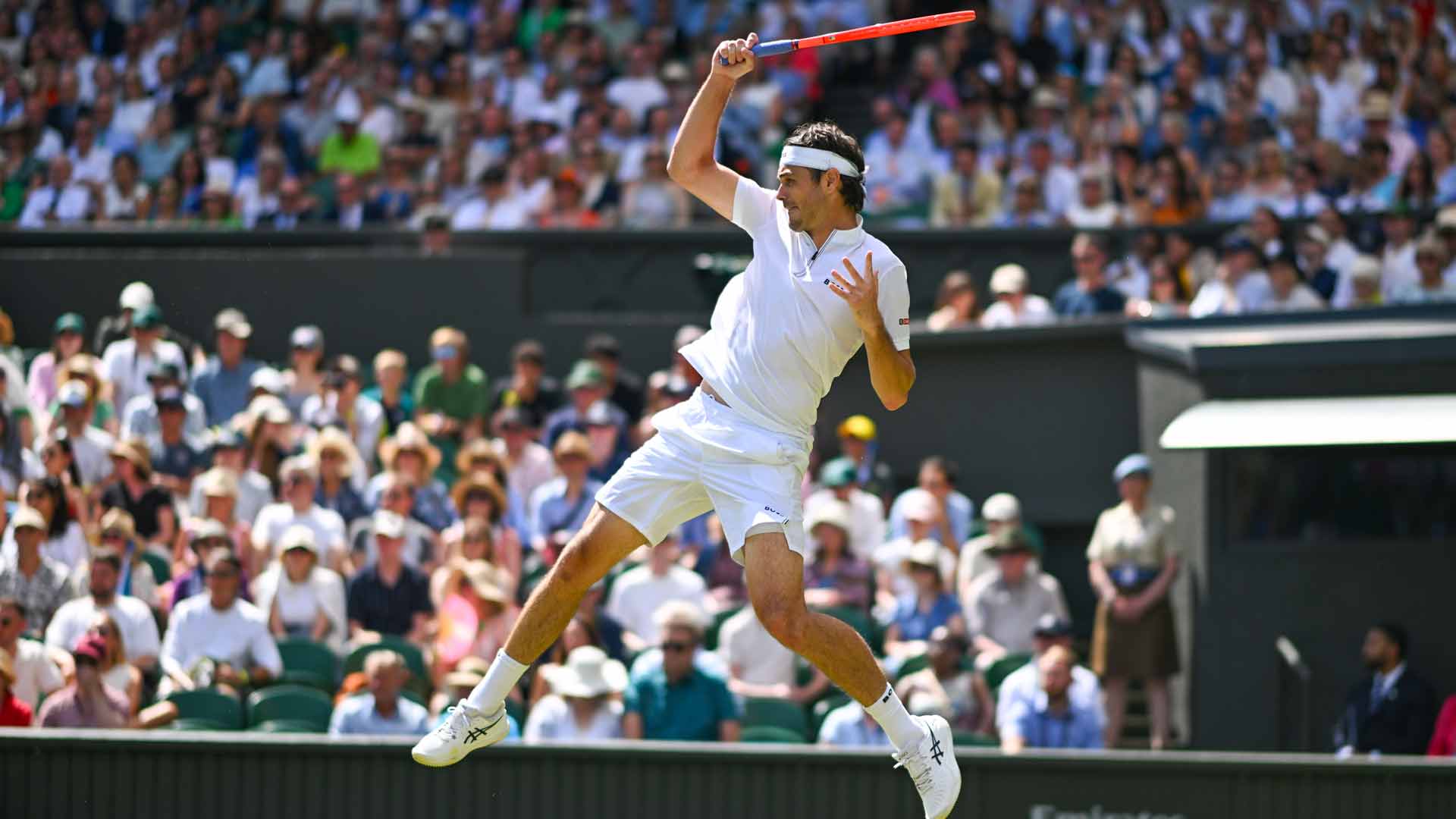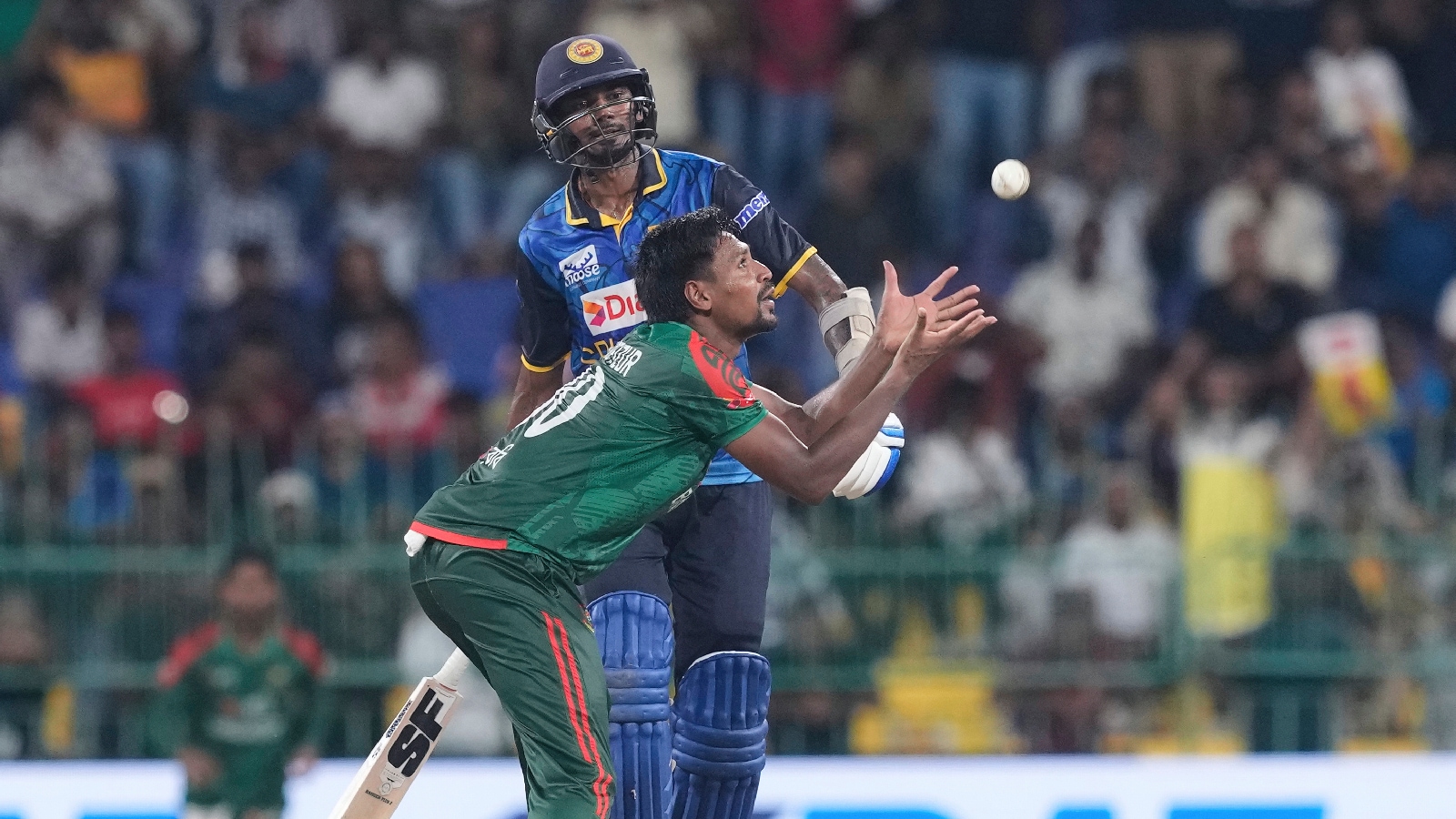Kyle Schwarber Shines in Historic All-Star Game Showdown

ATLANTA -- Kyle Schwarber, the powerhouse outfielder for the Philadelphia Phillies, has often been recognized for his ability to belting baseballs into the stands, yet the Home Run Derby has eluded him throughout his career. Despite reaching the finals in 2018 and facing elimination in the first round four years later, Schwarber turned the tables during the 2025 MLB All-Star Game. On a night that promised excitement, he etched his name into baseball history by crushing three home runs in three swings during a tiebreaking swing-off. This impressive performance not only showcased his batting prowess but also led the National League to a dramatic 4-3 victory over the American League, concluding a tightly contested game that had been tied at 6-6 through the standard nine innings.
Schwarber's spectacular performance earned him the Most Valuable Player (MVP) honors, further solidifying his status on an All-Star stage that was filled with notable milestones. This year's exhibition marked the first-time implementation of an automated ball-strike system at the major league level, prior to its expected widespread adoption in all MLB games next season. The system was initially trialed during spring training, setting the stage for the innovative changes to come in baseball.
The rules for the game mirrored those of the automatic ball-strike (ABS) challenges introduced earlier in the season. Each team was granted two challenges throughout the game, with the stipulation that only the pitcher, catcher, or batter could initiate a challenge. Each request had to be made promptly, without cues or assistance from teammates or coaches in the dugout.
In total, four pitches were challenged during the game. The first challenge was historic; in the first inning, American League starter Tarik Skubal delivered an 0-2 changeup to San Diego Padres third baseman Manny Machado, which was initially ruled a ball by home plate umpire Dan Iassogna. Both Skubal and his catcher, Cal Raleigh, felt the pitch was a strike, prompting them to utilize their challenge. The decision was overturned, resulting in Machado striking out and marking a significant moment in the game.
Skubal became the first Detroit Tigers pitcher to start an All-Star Game since Max Scherzer did in 2013, further highlighting the significance of his appearance. On the opposing mound, Pittsburgh Pirates ace Paul Skenes made a remarkable return. Having started the All-Star Game the previous year, Skenes became only the 10th pitcher to earn consecutive All-Star Game starts and the first to do so in his initial two seasons. Reflecting on his prior performance, which included a walk that left him dissatisfied, Skenes approached this game with vigorous intensity, delivering two strikeouts on 100 mph fastballs against his Tigers teammates before wrapping up his appearance with another impressive pitch, allowing only a groundout to New York Yankees star Aaron Judge.
As Skenes left the game, 11-time All-Star Clayton Kershaw took the mound, marking a poignant moment in what might be his final All-Star appearance. The legendary pitcher was greeted warmly by his peers, including Raleigh, who had just won the Home Run Derby. On Kershaw's sixth pitch, he struck out the formidable Vladimir Guerrero Jr. with an 87 mph slider, prompting Dodgers manager Dave Roberts to make the decision to relieve him. Kershaw, who recently celebrated his milestone of 3,000 career strikeouts, delivered an inspiring pregame speech, emphasizing the prestige of the All-Star Game and the importance of showcasing baseball's talent.
“We have the best All-Star Game of any sport,” Kershaw stated, recognizing the exceptional players present, including Shohei Ohtani and Aaron Judge. “To be here and realize your responsibility in the sport is important.” Kershaw concluded by expressing deep gratitude for the opportunity to compete in the All-Star Game.










